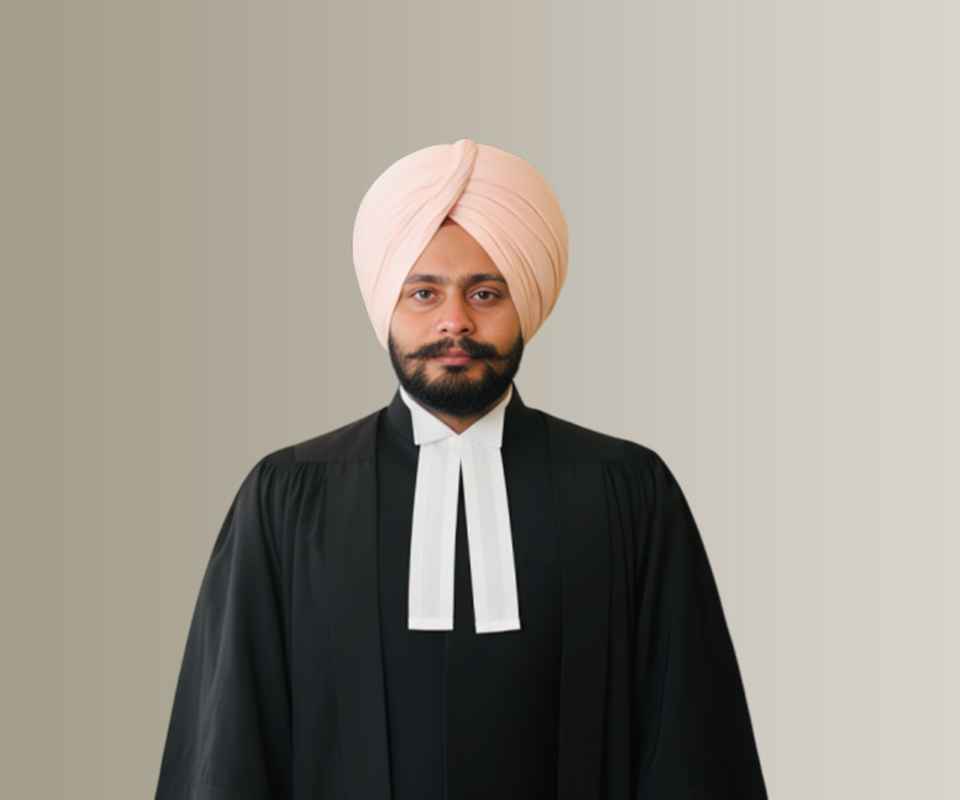Answer By law4u team
The concept of Waqf is unique and involves the dedication of property for religious, charitable, or benevolent purposes. Here's a detailed explanation of ownership concerning waqf properties:
1. Legal Owner:
Technically, waqf properties are not owned by individuals in the traditional sense. Instead, they are held in trust for the benefit of the public or specific beneficiaries as per the conditions set by the person who created the waqf. The management and administration of waqf properties are overseen by Waqf Boards, which ensure that the property is used according to the waqif’s (donor's) intentions.
2. Waqif (Donor):
The waqif is the person who establishes the waqf by dedicating their property for a specific purpose. Once a property is dedicated as waqf, the waqif loses personal ownership, and the property becomes part of a public trust. The waqif’s role is limited to specifying the terms of the waqf, which must be adhered to by the managing authorities.
3. Beneficiaries:
The beneficiaries of a waqf can be individuals or communities intended to benefit from the property as per the terms set by the waqif. These beneficiaries are not owners but rather recipients of the benefits derived from the property.
4. Waqf Board:
The management and administration of waqf properties are entrusted to the Waqf Boards established under the Waqf Act. The boards ensure that the property is maintained and utilized in accordance with the waqif's intentions and legal provisions. The boards act as custodians rather than owners.
5. Public Trust:
Waqf properties are considered a public trust. They are held for religious, charitable, or social purposes and are meant to serve the community or specific groups. The concept of ownership is thus different from private ownership; rather, the property is seen as belonging to the trust established by the waqif.
Conclusion:
In essence, waqf properties do not have a traditional owner. Instead, they are managed by Waqf Boards and serve public or charitable purposes as dictated by the waqif. The concept emphasizes the property’s dedication to the community or specific causes rather than personal ownership.







